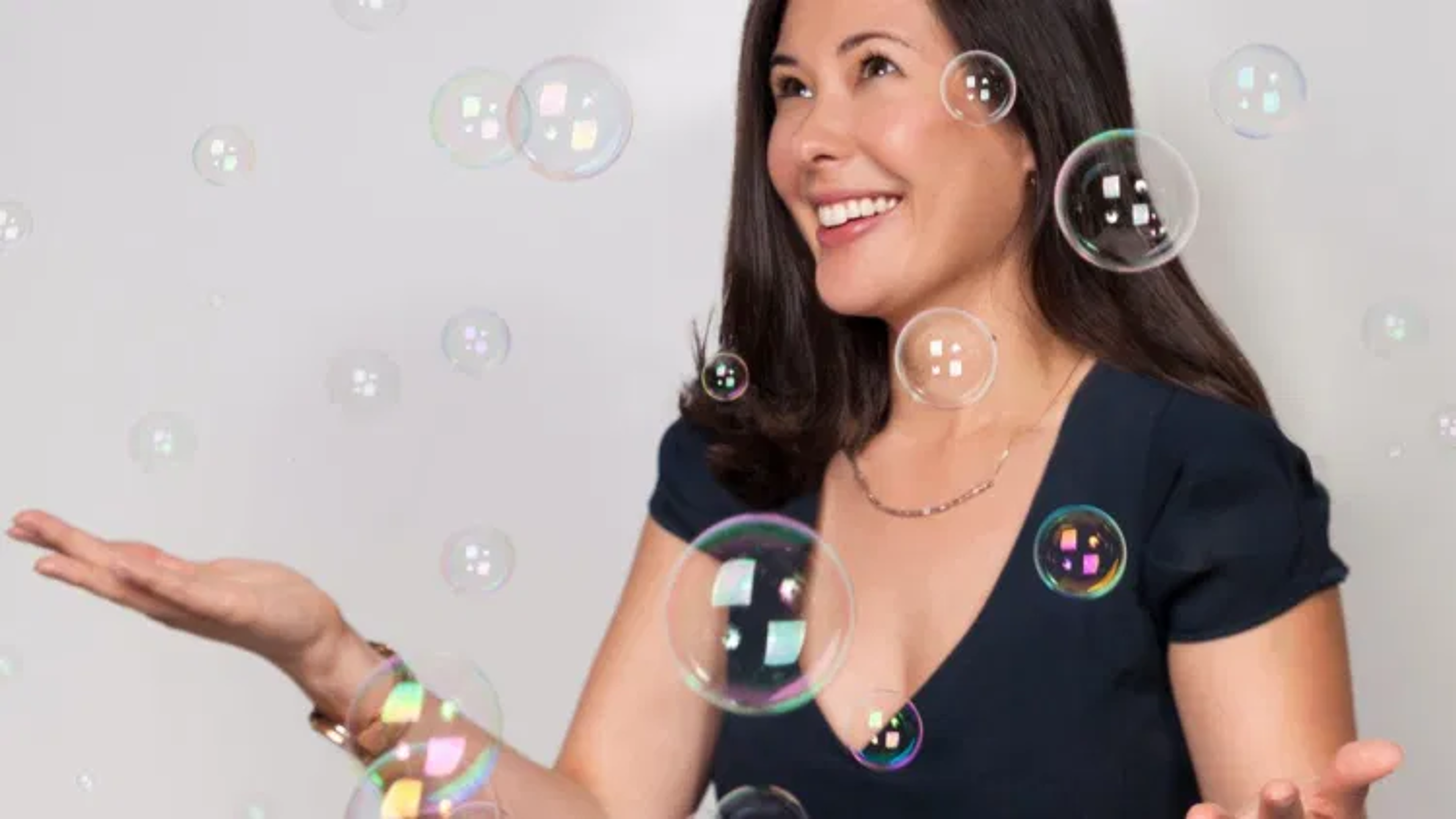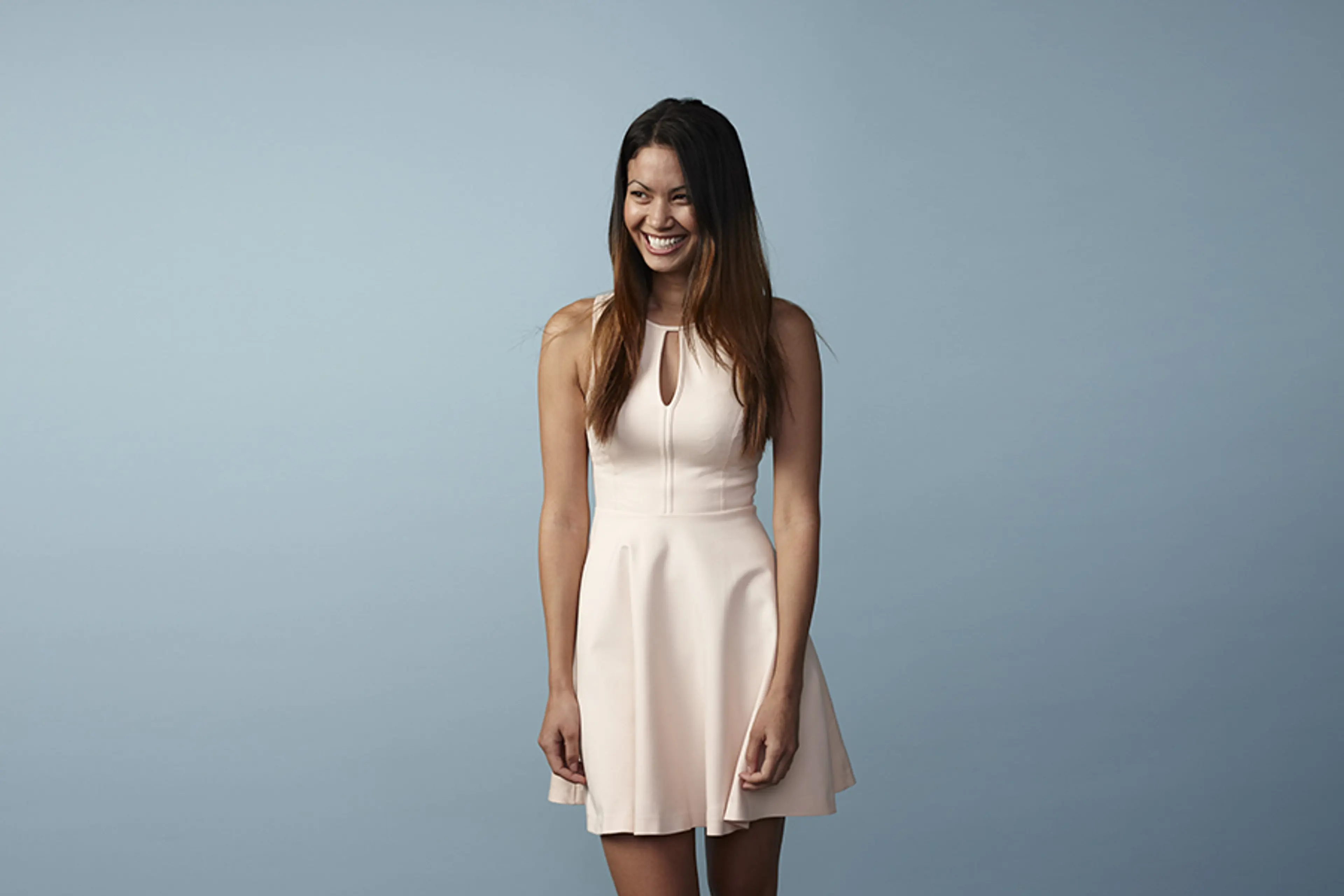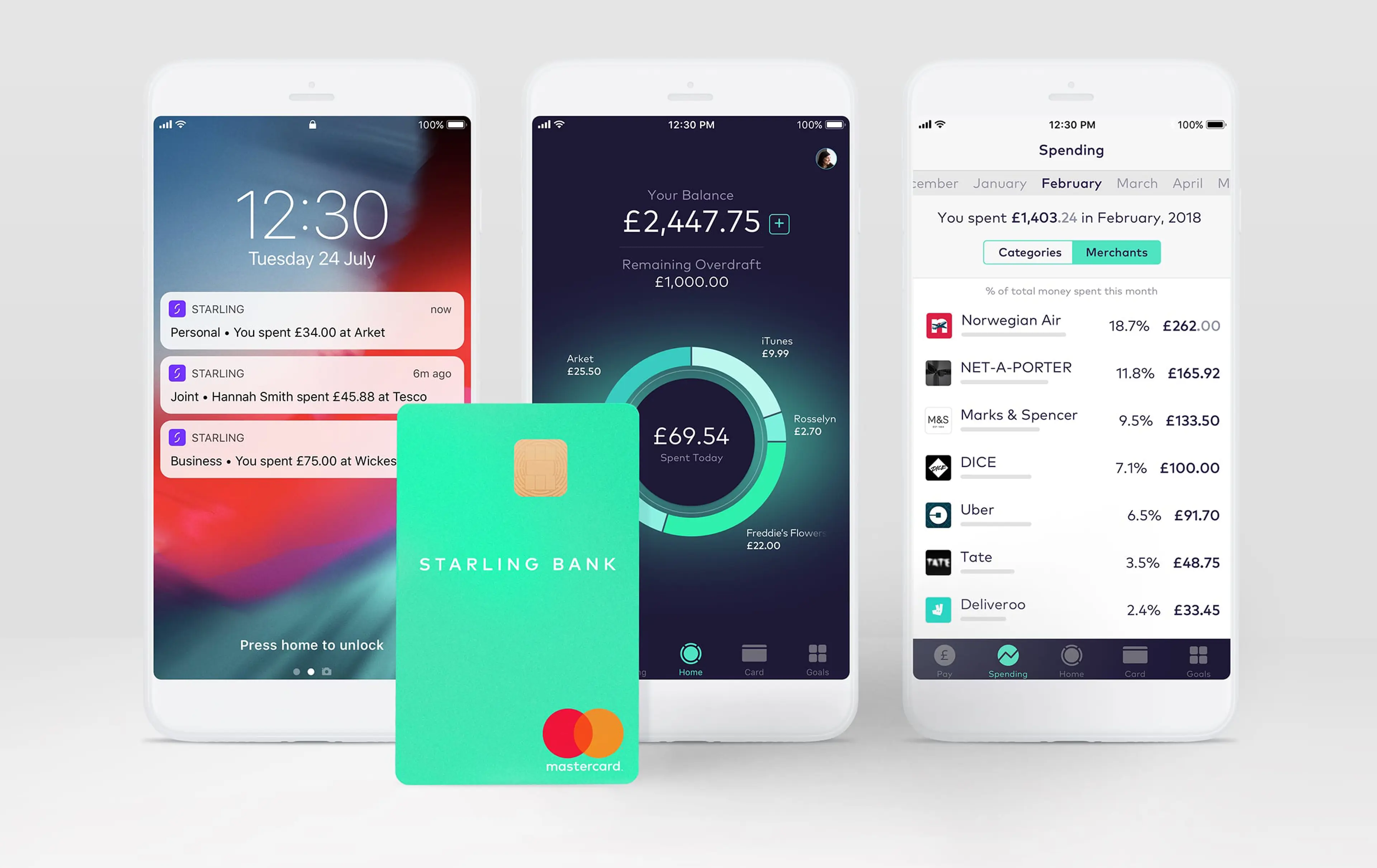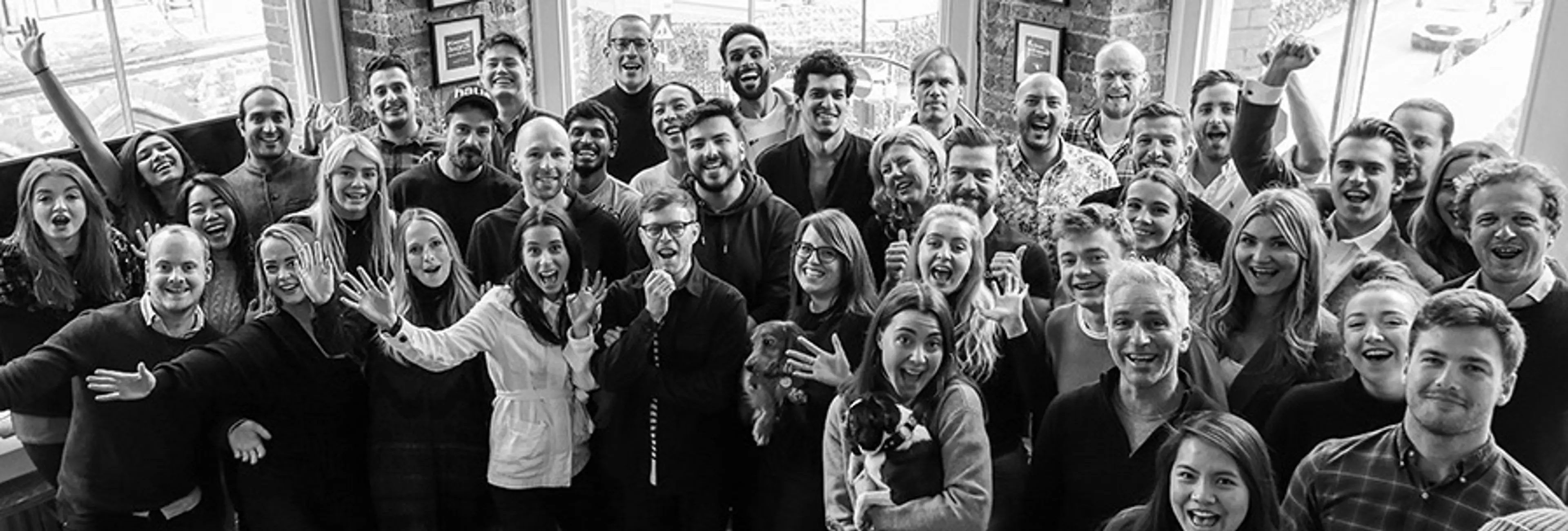
News
1 Mar 2021
5 Min Read
Celebrating Female Founders: International Women's Day 2021
Despite huge leaps forward, there is still more work to be done to achieve gender equality.

““Dipsea empowers you to tap into your sexuality more accessibly, and on your terms. We’re re-imagining sexuality as mind-first vs. body-first, and helping people spark their own erotic imaginations.” ”

““How do we make sure the partner that [the narrator] is talking to sounds empathetic and trustworthy? How do we make sure that she’s really feeling herself? How do we make sure the environment that she’s in feels really conducive to that experience, so she’s not threatened from a privacy perspective or she’s not feeling uncomfortable with anything?””


““My brand is not a place to escape from what’s going on in the world. It’s a place to immerse yourself in what’s going on in the world. Making the world a better place is not a part-time job, it’s a full-time commitment. Every brand should stand for something. If you don’t stand for something, then you really need to rethink your place in 2021!” ”



News



